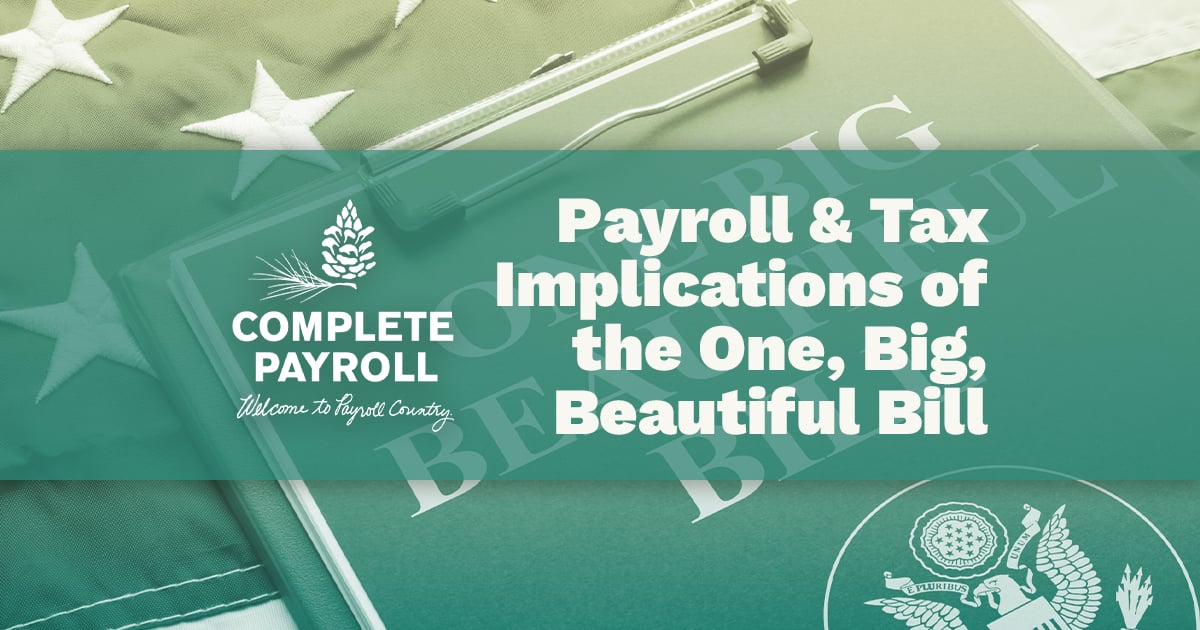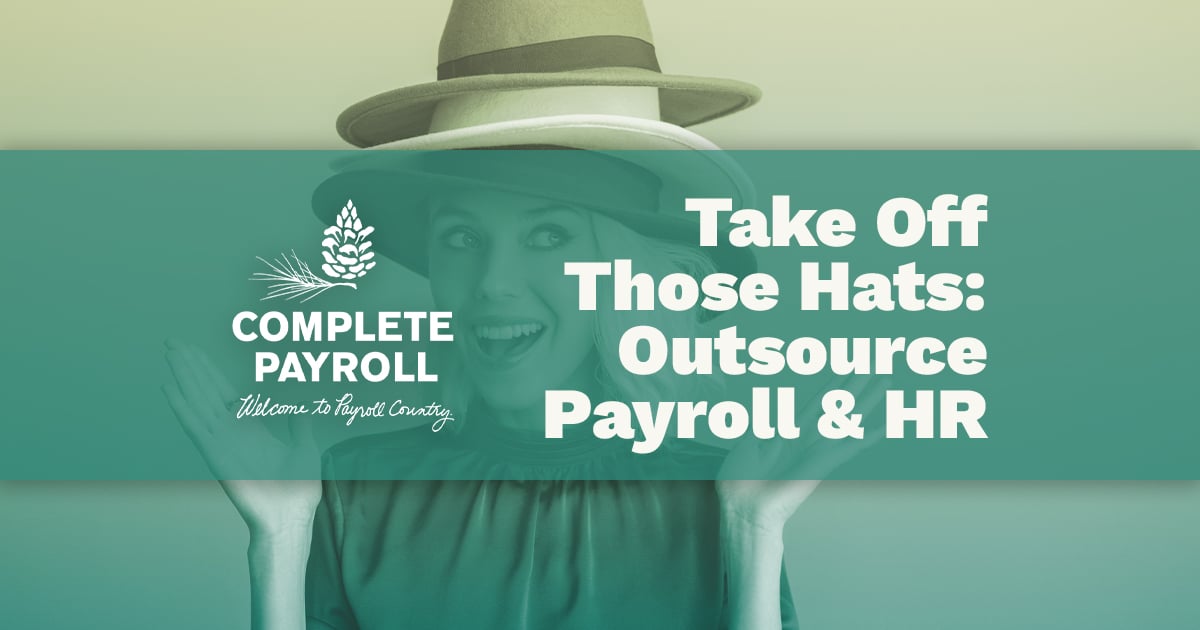With the increased use of cryptocurrency, such as Bitcoin, it’s only natural that some may wonder if they can pay their employees in cryptocurrency. With its increase in popularity, going to a cryptocurrency system could attract young talent who often don’t have traditional bank accounts. Also, it would be more convenient for employees who remit payments to their families in other countries.
All of this interest in cryptocurrency begs the question: Is it legal to pay employees using cryptocurrency? Has the law caught up with technology just yet?
What Is cryptocurrency?
Cryptocurrency is currency that is either digital or virtual. What makes it most attractive to investors is its decentralized status. Since cryptocurrency isn’t controlled or regulated by any central authority, cryptocurrency does not depend on a government’s backing or the regulations the government places on financial transactions. As such, cryptocurrency is processed through private networks lined through a shared ledger.
So what are some of the benefits of cryptocurrency? According to Investopedia, some of the benefits include:
- Cheaper money transfers
- Faster money transfers
- Users, not banks, are in control of their money
- Transactions are pseudo-anonymous
- Peer-to-peer transactions mean they do not require 3rd party authorization
- Not subject to traditional bank fees
- Since it’s not physical currency, it can’t be physically stolen
Why would employees want to be paid in cryptocurrency?
One major appeal for employees when it comes to being paid their wages in cryptocurrency is cutting out the middleman: the bank. With cryptocurrency, the transaction would be immediate meaning employees won’t have to wait for checks to clear or for pending direct deposits. They would have access to their wages immediately.
Another appeal is the belief by experts that the price of cryptocurrency will continue to increase. That means employees could see financial growth in value from their wages. According to Goldman Sachs, Bitcoin, a specific type of cryptocurrency, is predicted to take market share away from gold in 2022 as digital assets become more widely adopted.
Wages paid in cryptocurrency are particularly appealing to younger generations. According to a survey by Nasdaq, more than a third of Millenials and half of Generation Z would prefer to receive 50% of their earnings in Bitcoin or other cryptocurrencies.
Can Employers Pay Wages in Cryptocurrency?
To answer this question, we have to get into a little bit of law. Federal law, specifically the Federal Labor Standards Act (FLSA) requires that “payments of the prescribed wages, including minimum wage and overtime compensation, in cash or negotiable instrument payable at par.” The argument can be made that paying employees in cryptocurrency meets this requirement as long as the conversion rate of the cryptocurrency meets the minimum wage rate.
The argument can be made then that, yes, employers can pay wages in cryptocurrency. However, while cryptocurrency can increase in value, its fluctuations in price can be a double-edged sword. If compensation is made in cryptocurrency, it becomes difficult for employers to stay compliant with all federal minimum wage and overtime laws as the price of cryptocurrency may not always reflect minimum wage.
While the federal government may not have given a simple “yes” or “no” answer to the legality of paying wages in cryptocurrency, many states have more specific language in their laws that prevent employees from receiving wages this way. For example, in Maryland, employees must be paid “in United States currency; or by a check that, on-demand, is convertible at face value into United States currency.” Pennsylvania law requires that “wages shall be paid in lawful money of the United States or check.”
So the bottom line is that even though an argument can be made that it’s legal according to the Department of Labor’s regulations, a stronger argument can be made against it as it may not be allowed in your state or you may be in violation of FLSA laws due to the fluctuation in the value of cryptocurrency. Employees can ultimately choose to convert their wages to cryptocurrency, but wages should be paid the old-fashioned way for now.
Be sure to contact us at Complete Payroll to answer all of your payroll questions. We are happy to give you a free quote to show you everything we can do to simplify your payroll needs.

















 Get Instant Blog Notifications
Get Instant Blog Notifications


